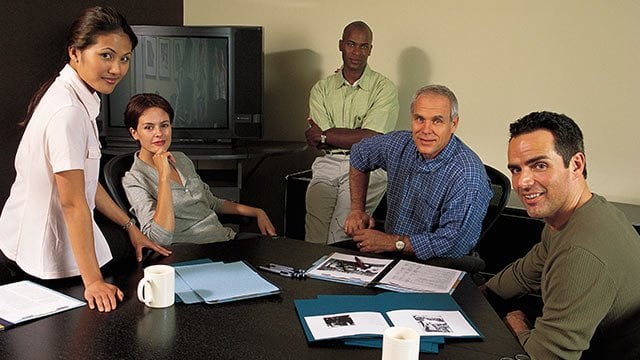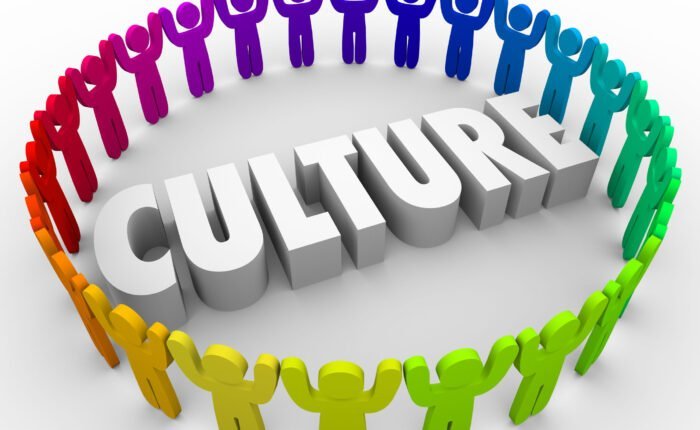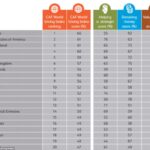Do you have any idea how many of your employees are millennials?
Despite all the negative press calling millennials lazy, chances are they are a pretty significant percentage of your company. In the United States, millennials will make up over half the workforce by 2020 (Really!).
There is a lot of research being done to determine just how and why millennials differ from previous generations and one thing has become clear: millennials are transforming the workplace.
Not only that, they are changing the expectations of company culture and employee giving programs right along with it.
Millennials Have Different Cultural Cues
According to the Pew Research Center, millennials are well on their way to being the most educated generation.
In 2010, 54% of millennials had some level of college education. That’s 5% more than Gen Xers and 18% more than Baby Boomers at comparable ages. Whether due to their education, familiarity with technology, or a combination of the two, millennials tend to be more forward-thinking than older generations.
Millennials have come of age with constant and immediate access to information about the world in which they live.
When presented with new technology, they are consistently the largest group of early adopters. Millennials view technology as a tool that can be used to make the world a better place.
Additionally, this embrace of technology is one way in which millennials try to get more out of life. Nearly three-quarters of millennials believe that technology makes life easier and less complicated. Millennials understand the ways in which technology, mobile technology especially, can be used as a tool to help them achieve a better work-life balance, with an emphasis on life and balance.
When asked about their top priorities in life, these were what millennials ranked at the top: being a good parent, having a successful marriage, and helping others in need.
These were valued above owning a home or being successful in a high-paying career.
They’re Going to Replace Baby Boomers
Born between 1946 and 1964, Baby Boomers are now between 52 and 70 years old. They’re getting ready to retire, if they haven’t retired already.
As this natural attrition occurs, millennials are poised and ready to fill their shoes. Let’s be honest, if a fortune 100 company is losing 10% of its workforce to retirement, they will be seeking young, educated, and very likely millennial, replacements for those positions.
These new employees will likely be paid less than the people they are replacing, but millennials place more emphasis on having a purpose than having a paycheck.
Older corporate giving strategies were created to engage Boomers. But even though millennials and Boomers are both generations that tend to value charitable engagement, the causes and ways they give differ greatly.
Millennials are most likely to give to charities that support children and health concerns across the globe. Boomers, on the other hand, consistently give more to local social service organizations and places of worship.
Conclusion
Millennials are the first generation that has grown up “connected.” Thanks to the internet, social media, and mobile technology, they are more aware and consequently, more engaged than previous generations.
Unlike the generations before them, millennials value corporate social responsibility and their own ability to contribute in a meaningful way to the world as a whole. Millennials want the opportunity to help the causes that matter to them and these are not necessarily the same causes that mattered to previous generations.
Since predictions show millennials will make up the majority of the workforce in less than 5 years, their engagement will be essential for successful employee giving programs. WorkHero gives employees the means to make regular contributions of any amount to their causes.
{{cta(‘a67601ab-319d-467e-8100-a2ba0d006d8f’)}}



































































































































